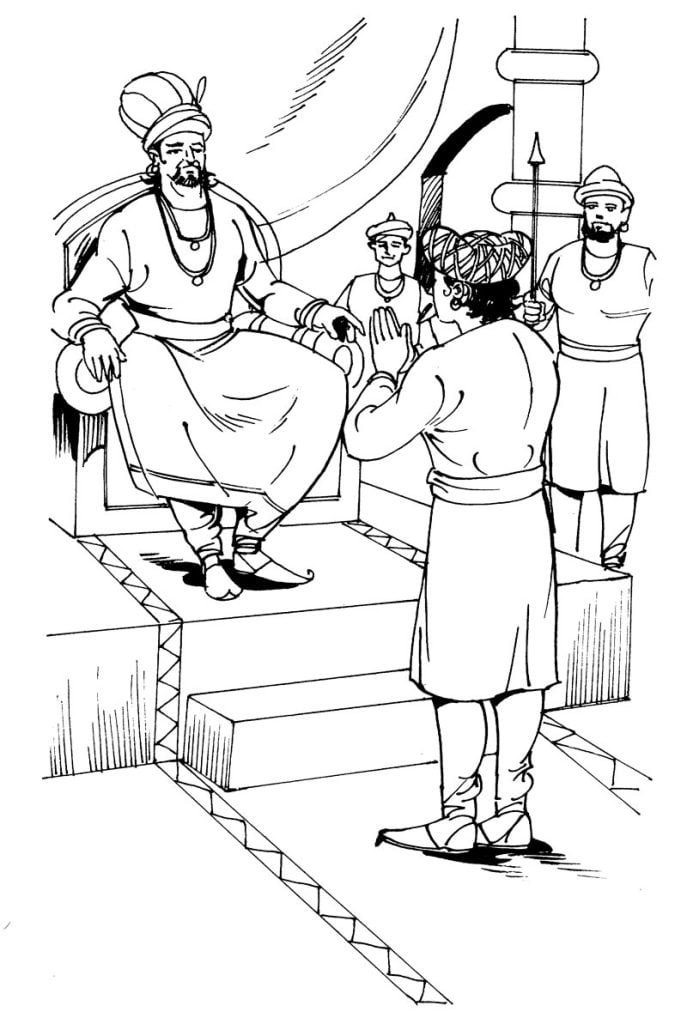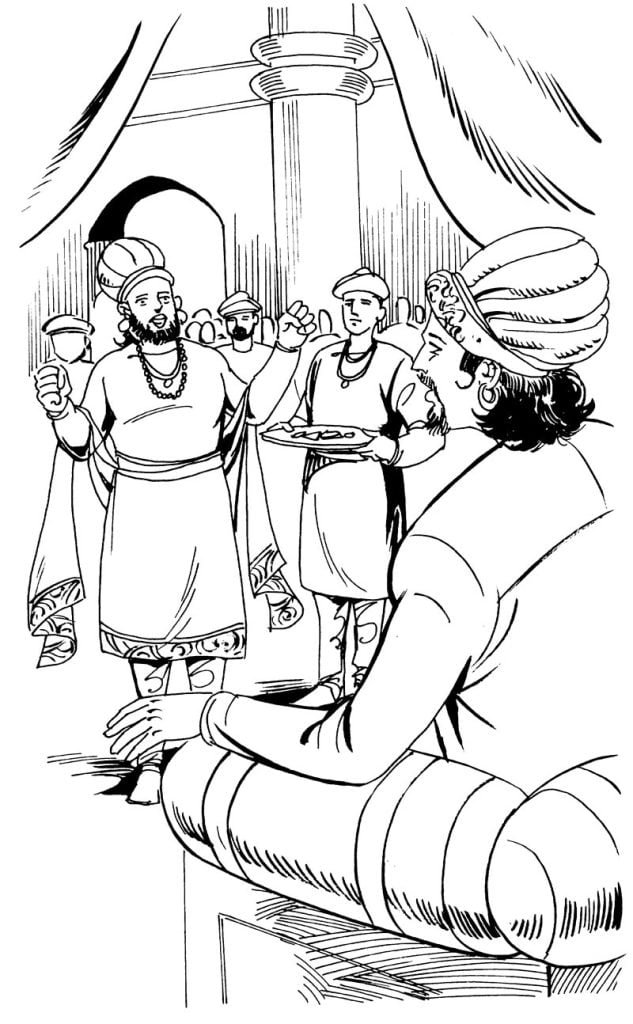With Aurangzeb away now field was again open for Shivaji to play his games. He again turned his attention to Bijapur Empire. He attacked and captured Raibag and Adgal areas.
Then, the ruler of Kudal sought protection from Shivaji. Under the command of Rustam Zaman Bijapur army was moving towards his state. For the help Shivaji put forward some conditions, one being loyalty to Swarajya. The ruler agreed to all conditions. Shivaji asked his army to prepare to meet the challenge of Rustam Zaman.
When the news reached the Bijapur commander that they would face Shivaji’s army. It scared him and he went back without raiding Kudal.
Those ten years (The fifties decade of 17th century) were most productive years of Shivaji’s life during which he grabbed opportunities, created openings, took advantage of the rivalries of the empires, played tricky games, foxed enemies and outwitted foes to carve out his dream Swarajya. Now it had a large land area mostly taken away from the Bijapur Empire.
There now were five dozen forts flying the saffron flag of Swarajya. It had a long sea coast with ports and control over sizable sea trade. It boasted of a well trained and equipped army of dedicated and daredevil soldiers to deal with enemies. Swarajya had good administration and law and order situation. The subjects of Swarajya adored their king, Shivaji for creating a world where they could live with honour.
Govlekar Sawant presented valiant Shivaji a beautiful double edged sword named ‘Bhawani’ which became a symbol of Shiva’s incredible deeds of bravery and adventure. Bhawani led Shiva through several wars to victories. With Bhavani in hand Shivaji presented an image of a legendry figure. The best thing was that he had won back Hindus there lost pride and self confidence.

The departure of Aurangzeb on the other hand gave much needed relief to Bijapur. It was no more being stalked by a superior Empire and it had made peace with Shahjahan, the Mogul Emperor. Now Bijapur was in a position to pay attention to the biggest menace for it, Shivaji.
Shahaji was still in Bijapur’s service. The court wrote a letter to him to control his son Shiva and make him fall in line. Shahaji informed the court that his son Shiva was no more under his authority and he was acting like a free person doing whatever he liked. He conveyed to Bijapur that it could take any action against Shivaji without taking him into consideration.
Now Bijapur court had to deal with Shivaji on its own. The menace was to be eliminated. There was no other way. Bijapur court called an emergency meeting of its commanders and courtiers to discuss how Shivaji was to be tackled. All realised that Shivaji was causing a great humiliation to Bijapur Empire and its very emotional survival was at stake. The destruction of Shivaji was the sole agenda.
The only question that remained to be answered was that who would lead charge against Shivaji?
For it ‘Beera’ tradition was followed. During that period it was a custom that whenever there was a challenging task to be undertaken a silver foil covered paan called ‘Beera’ was place on a silver platter. Whoever accepted the challenge picked up the Beera. It was eastern equivalent of western ‘Throwing of gauntlet’ practice.

Thus, a Beera was placed on a table in the middle of the Bijapur court and the announcement was made, “O great commanders and warriors of Bijapur Empire, the task is to defeat the enemy Shivaji who have done an incalculable harm to our empire. Whoever wants to accept the challenge of accomplishing the task must come forward and pick up the Beera.”
There was complete silence in the court. All sat as if frozen. The minutes ticked by. No one came forward. The silence was solidifying into crushing embarrassment.
The real power of Bijapur, Ulia Janaba who was sitting behind a screen, screamed in agony, “What…no takers? Have the commanders and warriors of Bijapur become impotent mules?”
The court was a crowd of red faces now, their eyes fixed to the floor.
Just then, a huge bulk of a warrior rose from his seat to everyone’s relief and hope. It was the renowned warrior Afzal Khan. He bent to pay the obeisance to the figure head, Emperor Mohammad Ali Adil behind whom sat Begum Ulia Janaba. Afzal Khan slowly walked to the table and picked up the Beera and thundered, “I pick up the Beera to tackle Shiva. I promise that I will present Shiva to this court either dead or alive as prisoner bound in chains.”
A thunderous applause and hailing greeted the warrior, Afzal Khan who stood there glory personified.

